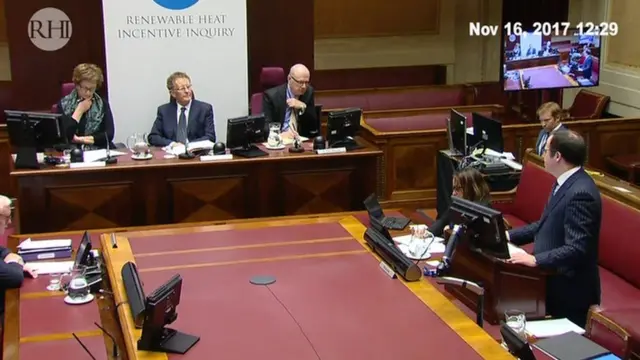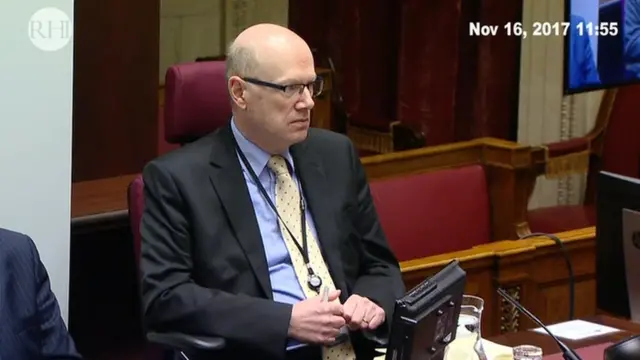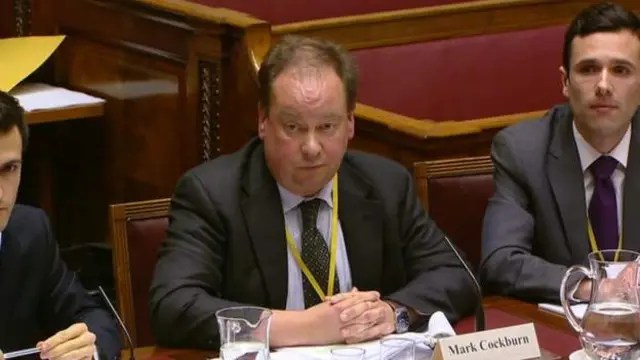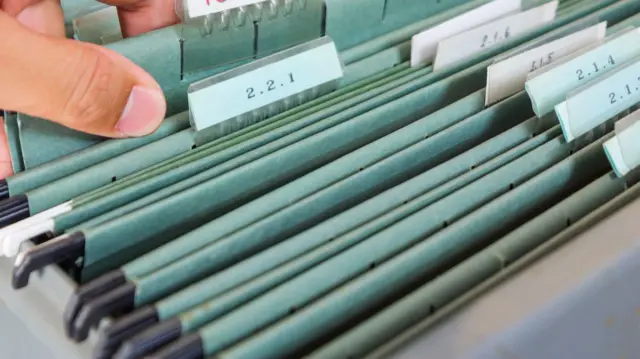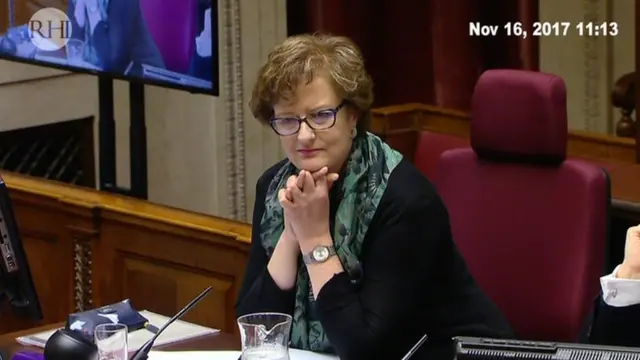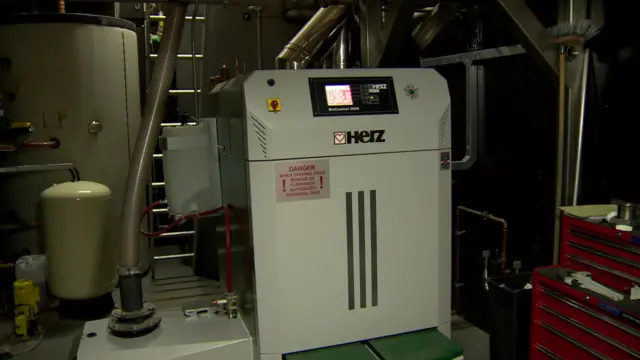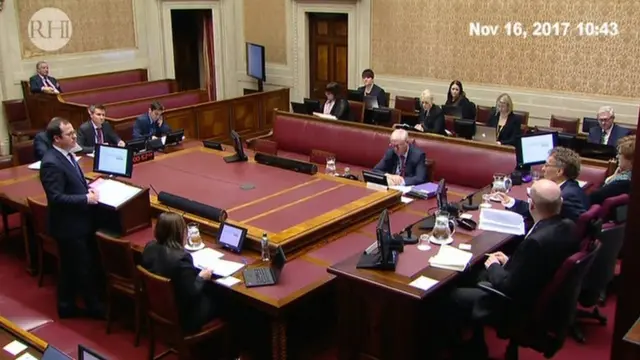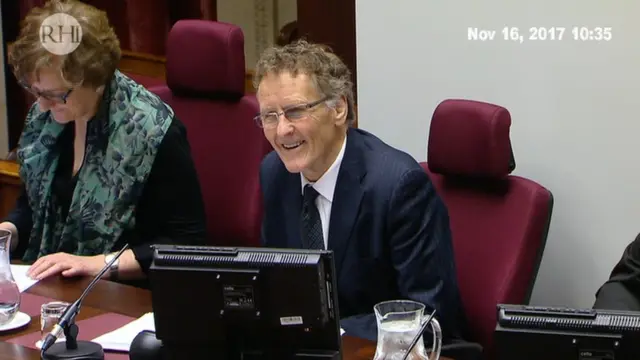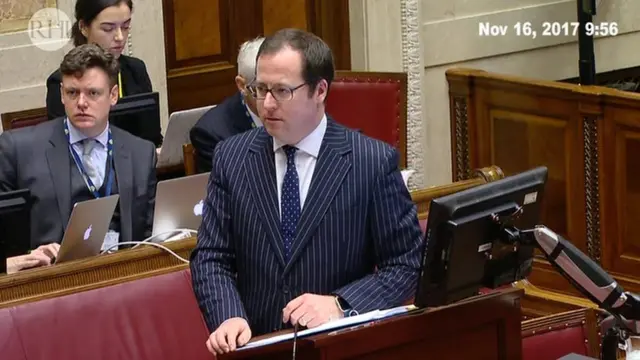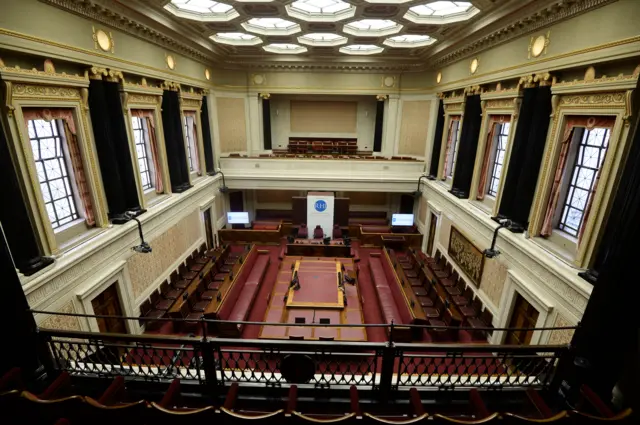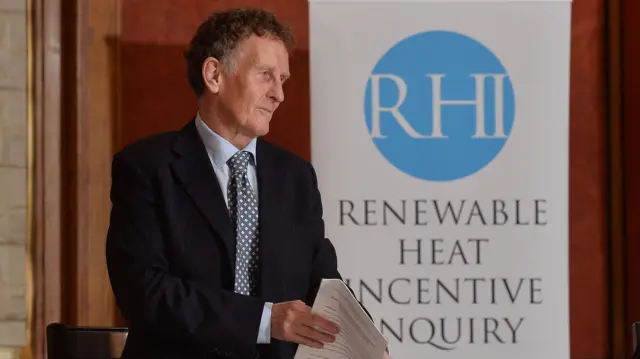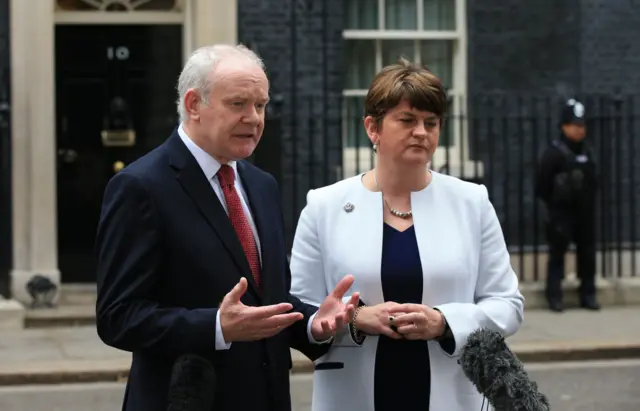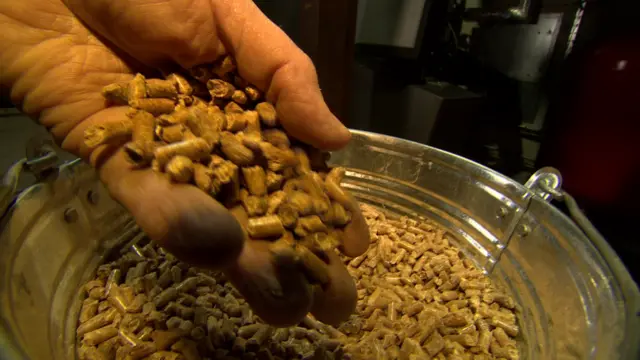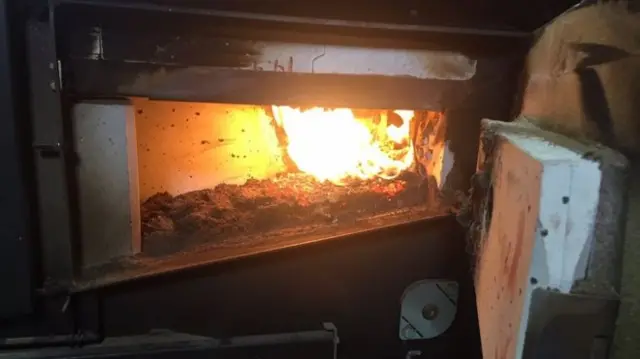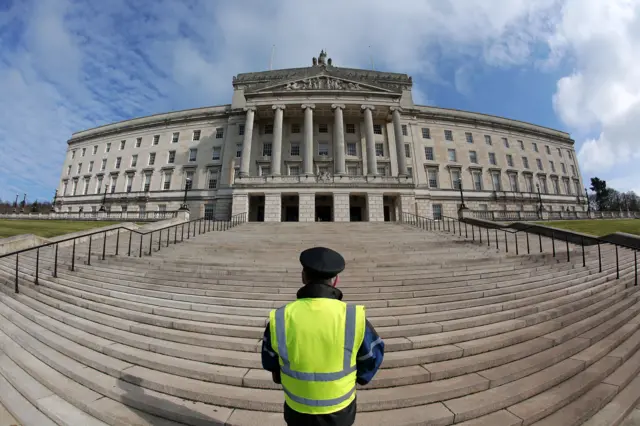'Potential for overspend a large financial risk'published at 13:16 GMT 16 November 2017
In June 2011, Peter Hutchinson of DETI's renewable heat branch emailed a finance official at DECC to ask about some of the finer details of how the RHI scheme in Great Britain was being funded.
He was told that the potential of an overspend on the RHI scheme was considered to be a "large financial risk" to DECC.
 Image source, Getty Images
Image source, Getty ImagesTherefore, its policy team was looking at a digression system for the tariffs on offer that would help to contain that risk.
He also asked about whether the scheme would continue beyond 2015, but was not give a clear answer.
Sir Patrick Coghlin, the inquiry chair, expresses concern that some of those answers were not - at that time - sought directly from the Treasury, the department that was actually providing the money to DETI.
